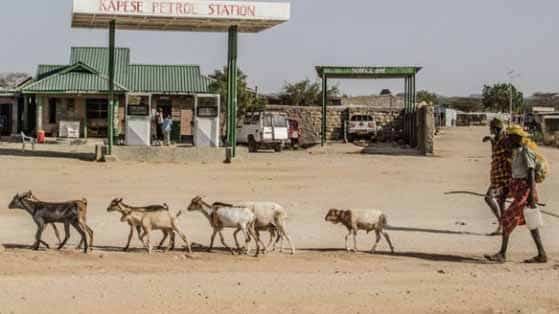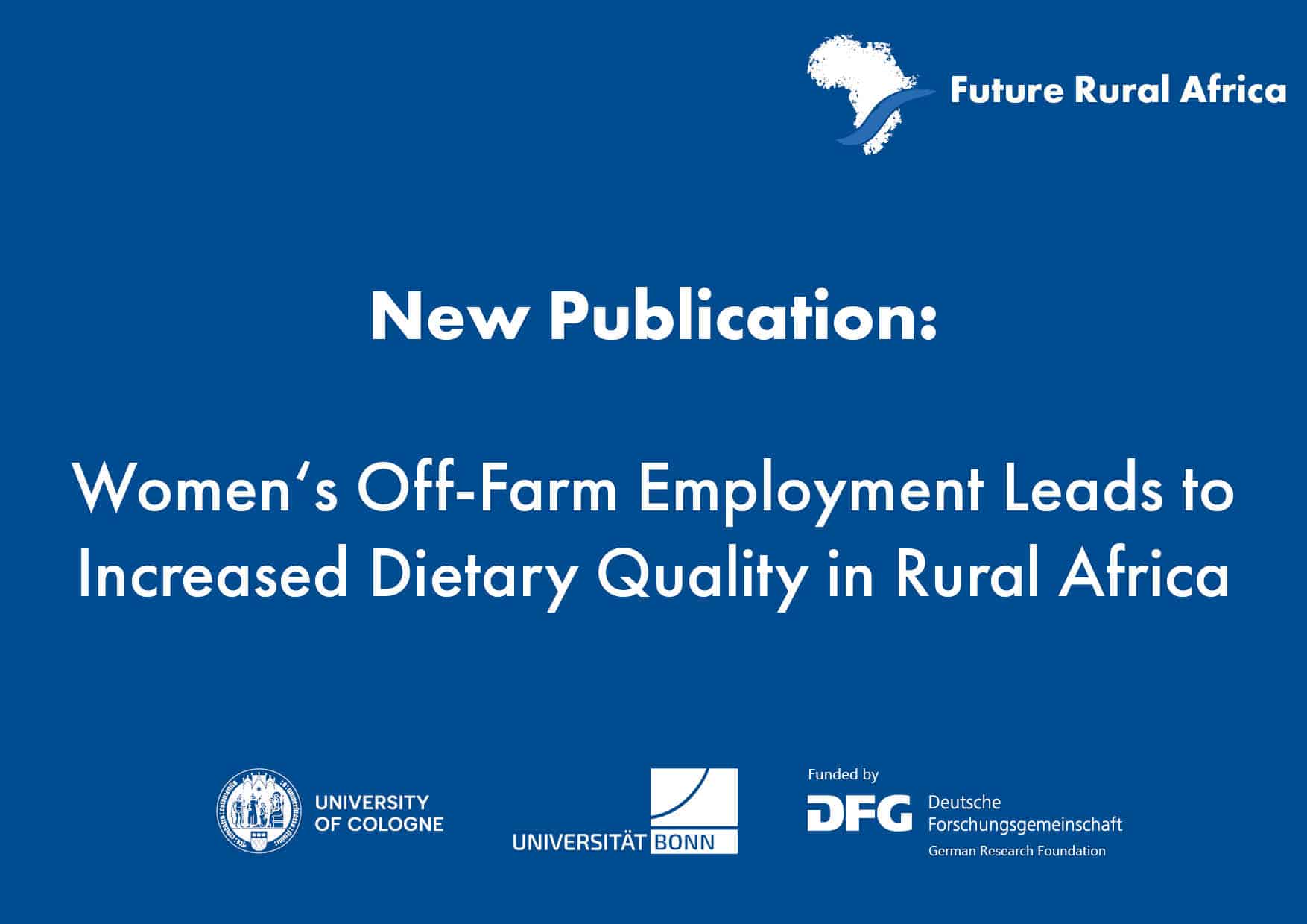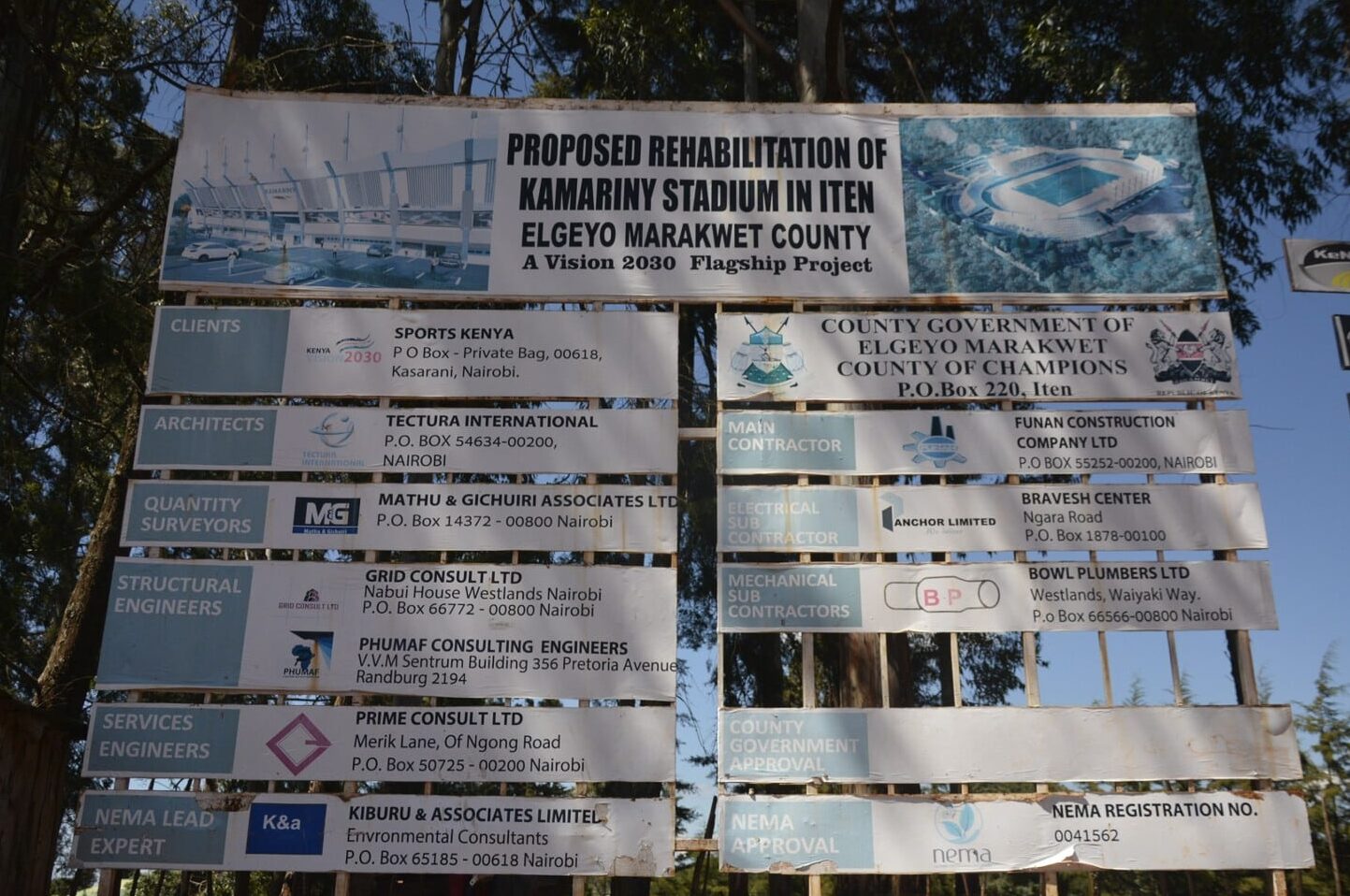Can large scale investments into pastoral drylands of East Africa change the development narrative of pastoral communities who are often marginalised from centralized interventions and with livelihoods plagued by violence and conflict? How do power-dynamics, livelihoods and conflict stand to be affected? The recently published book by Boydell and Brewer “Land Investment and Politics”, explores large scale investments, focusing on local cases, stretching from the Gulf of Aden ports on Somaliland’s coast in the north to the Kilombero rice developments in southern Tanzania. The book edited by Jeremy Lind, Doris Okewa and Ian Scoones highlights diverse experiments and perspectives of investment from the bottom-up.
“More than ever before, the gaze of global investment has been directed to the drylands of Africa, but what does this mean for these regions’ pastoralists and other livestock-keepers and their livelihoods? Will those who have occupied drylands over generations benefit from the developments, as claimed, or is this a new type of territorialisation, exacerbating social inequality? This book’s detailed local studies of investments at various stages of development – from Kenya, Tanzania, Somaliland, Ethiopia – explore, for the first time, how large land, resource and infrastructure projects shape local politics and livelihoods. Land and resources use, based on ancestral precedence and communal practices, and embedded regional systems of trade, are unique to these areas, yet these lands are now seen as the new frontier for development of national wealth. By examining the ways in which large-scale investments enmesh with local political and social relations, the chapters show how even the most elaborate plans of financiers, contractors and national governments come unstuck and are re-made in the guise of not only states’ grand modernist visions, but also those of herders and small-town entrepreneurs in the pastoral drylands. The contributors also demonstrate how and why large-scale investments have advanced in a more piecemeal way as the challenges of implementation have mounted.”
Excerpt from the introductory chapter of the book (Lind, Okenwa & Scoones 2020). The full chapter can be accessed here:
Clemens Greiner one of the principal investigators of the Sub Project CO2, Energy Futures, has also contributed to the edited book, on a chapter titled “Negotiating Access to Land and Resources at the Geothermal Frontier in Baringo Kenya.” Find the abstract of the chapter below.
“Perspectives on large-scale investment in Africa’s rural margins often start from the assumption that projects happen in socio-ecological and livelihood settings that were relatively stable and undisturbed until new developments. Yet in Kenya’s northern Rift Valley recent largescale infrastructural investments intersect with longer-term changes in land use, livelihoods and internal differentiation.
Based on fieldwork carried out in Baringo, in Kenya’s northern Rift Valley, over different periods since 2009, this chapter explores how the rapid spread of dryland farming among the pastoral Pokot is happening alongside and entwining with the early development of geothermal power. It uses different concepts of the ‘frontier’ to examine the intersections of these processes and how they mutually reinforce each other in ways that lead to profound competition for and revaluation of land.”
Access to the complete book can be purchased through the following link.
More information regarding the book can be found on the website of the ERC research program “Pastoralism, Uncertainty and Resilience: Global Lessons from the Margins” (PASTRES).






